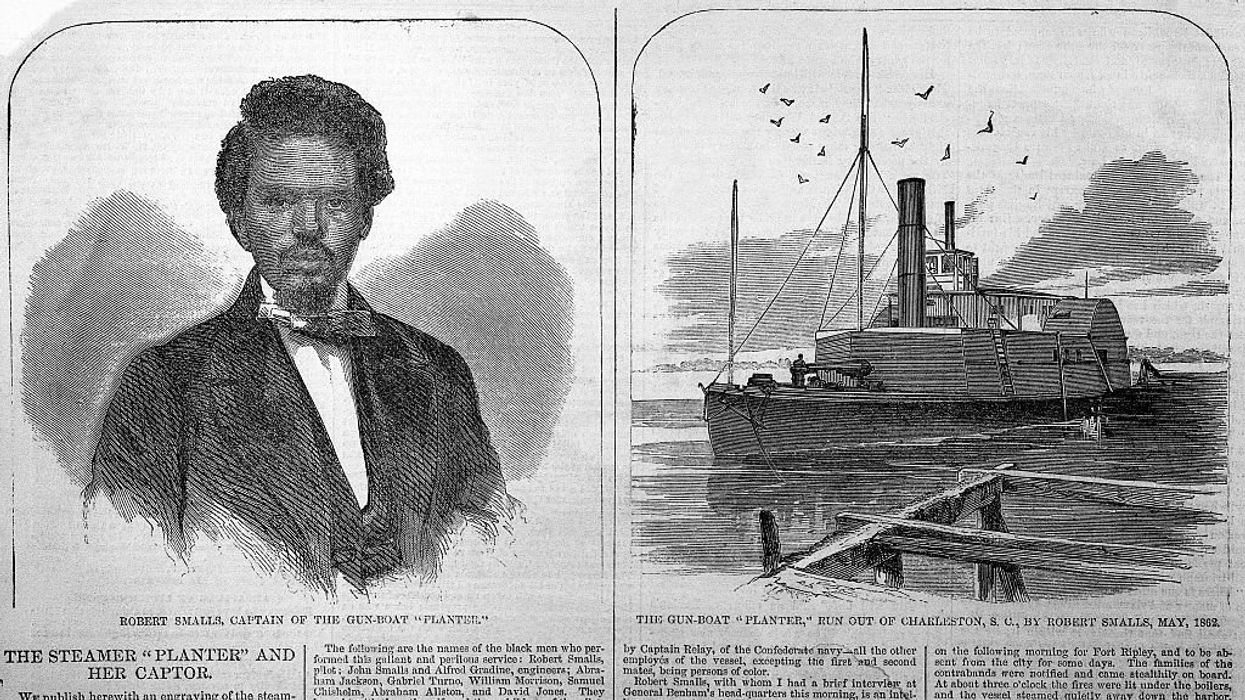
© 2024 Blaze Media LLC. All rights reserved.
 Supreme Court Justice Anthony Kennedy (AP Photo)
Supreme Court Justice Anthony Kennedy (AP Photo)
The United States Supreme Court held oral arguments two weeks ago concerning California’s Proposition 8 and, predictably, the media pack have all come to the same conclusion. Their meme is that the Court will decline to rule on the merits as to whether Proposition 8 unconstitutionally defined marriage as the union of one man and one woman. Most base their conclusion on the comment by Justice Anthony Kennedy wondering if the case was properly granted. I believe the media pack has it wrong, failing to appreciate the box that Justice Kennedy likely finds himself in once the Court decided to grant review.
It may very well be that Justice Kennedy would prefer not to decide the Proposition 8 case on the merits. Kennedy is widely viewed as the potential swing vote on the constitutionality of marriage. Despite his lament about having to arbitrate the issue, Justice Kennedy effectively has little choice but to decide whether marriage as it has always been defined somehow violates the constitution.
Once the Court decided to grant review (Certiorari) in the Prop 8 case, Justice Kennedy’s hand was effectively forced. This is true for four key reasons.
First, if the Court declines to issue a ruling on the merits, it leaves intact the Ninth Circuit’s bizarre ruling in the Proposition 8 case. The homosexual trial judge who determined that Prop 8 violated the US Constitution wrote a sweeping opinion, filled with findings of “fact” that are far from factual. Recognizing that the trial court opinion was not likely to survive Supreme Court review, the Ninth Circuit essentially rewrote it, coming up with an entirely different rationale for invalidating the initiative. They ruled that because the state Supreme Court had imposed same-sex marriage by judicial fiat, voters were forevermore powerless to restore marriage to its historic roots. Because such a ruling is transparently results-oriented, the Ninth Circuit struggled to come up with any legal justification to support it. Justice Kennedy knows this very well, and called the ruling “an oddity.” He won’t want to leave it on the books.
Second, even if the Supreme Court were to declare that they were issuing no ruling on the merits of Proposition 8, leaving intact a ruling that invalidates a state constitutional marriage amendment will guarantee massive litigation in federal courts in every single one of the 30 other states that have enacted state constitutional amendments preserving marriage. This virtually guarantees that the issue will be back before the Court within a few short months.
Third, many observers believe it is very possible that the Supreme Court will invalidate the section of the federal Defense of Marriage Act that defines marriage as the union of a man and a woman for all purposes under federal law. The basis for invalidating this provision of DOMA is its interference with how states have defined marriage. The argument goes that because New York has redefined marriage to make it genderless, the federal government is obligated to respect that judgment and treat same-sex marriages the same as other marriages. That is a false understanding of federalism and of DOMA, of course, as DOMA does not require the states to accept the federal definition; it just prevents an individual state from imposing its definition on the federal government. Yet Justice Kennedy’s comments during the DOMA oral argument suggest that he is at least receptive to the argument that DOMA violates federalism principles. But if the Court says in the DOMA case that it’s the right of states to define marriage as they see fit, how do they reconcile such a ruling with failing to uphold the decision of California voters to define marriage as the union of one man and one woman? Either states have the right to define marriage, or they don’t.
Finally, failing to deal with the merits of the Proposition 8 case rips a massive hole in the state initiative and referendum process. Justice Kennedy is a Californian and he understands the importance of the state’s initiative process, one that has been declared to be a “precious right” that courts are duty-bound to jealously guard. Justice Kennedy and several other justices rightly observed that leaving the Ninth Circuit ruling intact will reward negligent elected officials who refuse to do their job and defend laws enacted by the state. By colluding to offer a weak court defense, or none at all as was the case with Prop 8, they effectively give themselves a veto power over the initiative process.
For all these reasons, I believe that Justice Kennedy will ultimately agree with Justice Scalia that they have “already crossed that river” and now must reach the merits of the constitutionality of Proposition 8. So then what?
There was nothing in the oral argument to suggest that anything approaching a majority of the court is prepared to find a federal constitutional right to same-sex marriage. That being the case, I feel very good about the status of Prop 8 when the Court issues their ruling in the coming months. I also suspect that the media pack is likely never to admit their reporting of oral arguments were off target. More than likely they will immediately pivot, saying winning the most important victory for marriage ever achieved doesn’t really matter because – as they’ve been claiming for years -- same-sex marriage is somehow “inevitable.” That’s another false meme, but we’ll deal with that one later, with the wind of a Supreme Court victory at our backs.
Frank Schubert is national political director of the National Organization for Marriage and managed the 2008 California initiative campaign that enacted Proposition 8.
Related Contributions
Want to leave a tip?
We answer to you. Help keep our content free of advertisers and big tech censorship by leaving a tip today.
Want to join the conversation?
Already a subscriber?
more stories
Sign up for the Blaze newsletter
By signing up, you agree to our Privacy Policy and Terms of Use, and agree to receive content that may sometimes include advertisements. You may opt out at any time.
© 2024 Blaze Media LLC. All rights reserved.
Get the stories that matter most delivered directly to your inbox.
By signing up, you agree to our Privacy Policy and Terms of Use, and agree to receive content that may sometimes include advertisements. You may opt out at any time.


